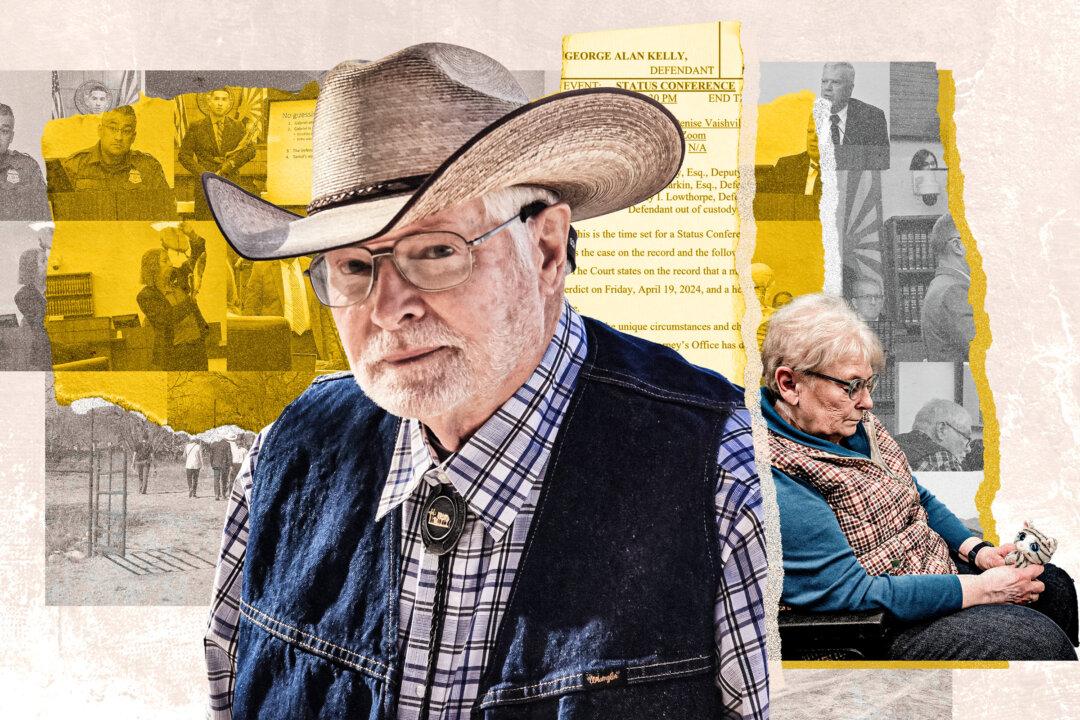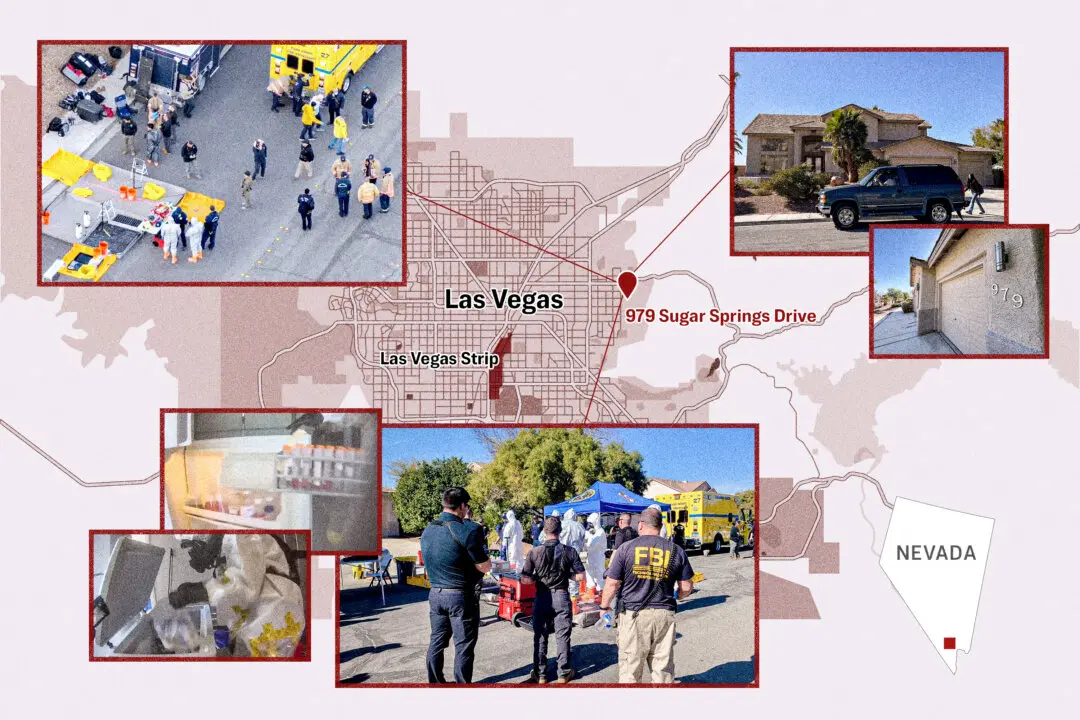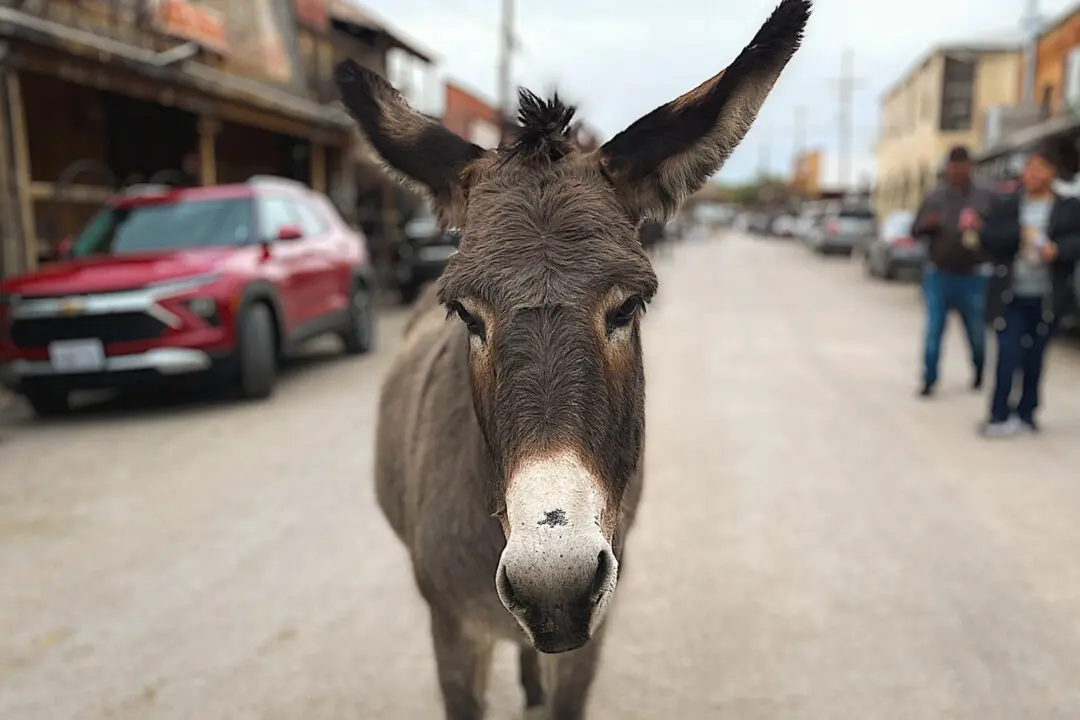NOGALES, Ariz.—Observers say it took 75-year-old Arizona rancher George Alan Kelly just 15 months to lose nearly everything he worked for: his life savings, the home that was his paradise, and his good name.
Despite a deadlocked jury resulting in Mr. Kelly’s acquittal on charges of second-degree murder and aggravated assault with a deadly weapon, his life is all but ruined.





